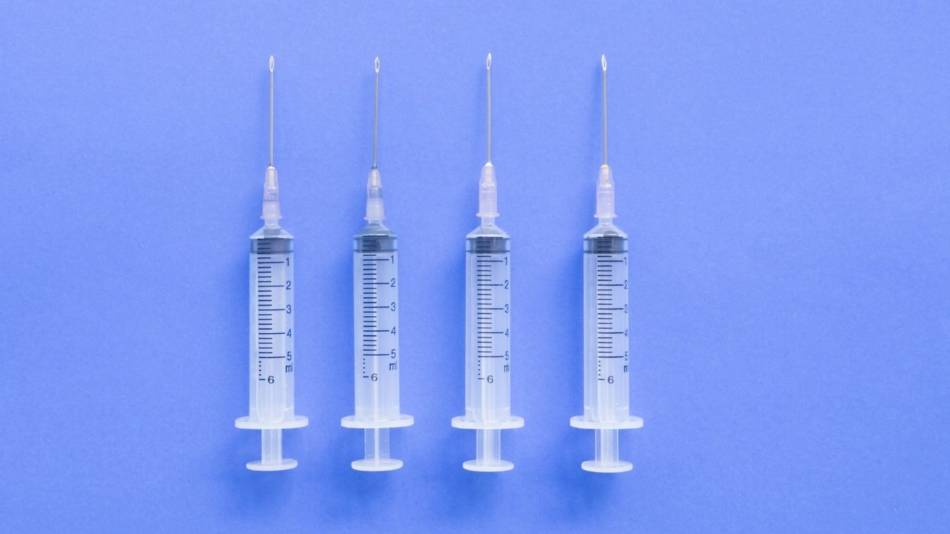Our Members Asked:
Are B12 injections "better" than oral supplements? Are they necessary if I have a B12 deficiency?

Answer:
Vitamin B12 injections may be necessary if you have severe neurological symptoms due to a B12 deficiency. If you do not have severe neurological symptoms, however, research suggests that oral supplementation can effectively treat B-12 deficiency — even in people who have compromised absorption due to lack intrinsic factor or other reasons. For more about this, recommended intakes for B12 and oral dosages used to treat deficiency, safety, and symptoms of B12 deficiency, see the "B-12" section of the B Vitamin Supplements Review >>
Join today to unlock all member benefits including full access to all CL Answers and over 1,400 reviews.
Join NowAlready a member? Sign In Here.
Join now at www.consumerlab.com/join/






Submit your comment
This feature is restricted to active members.
Join now to add comments and get all member benefits, including over 1,400 reviews.
Join NowAlready a member? Sign in here.